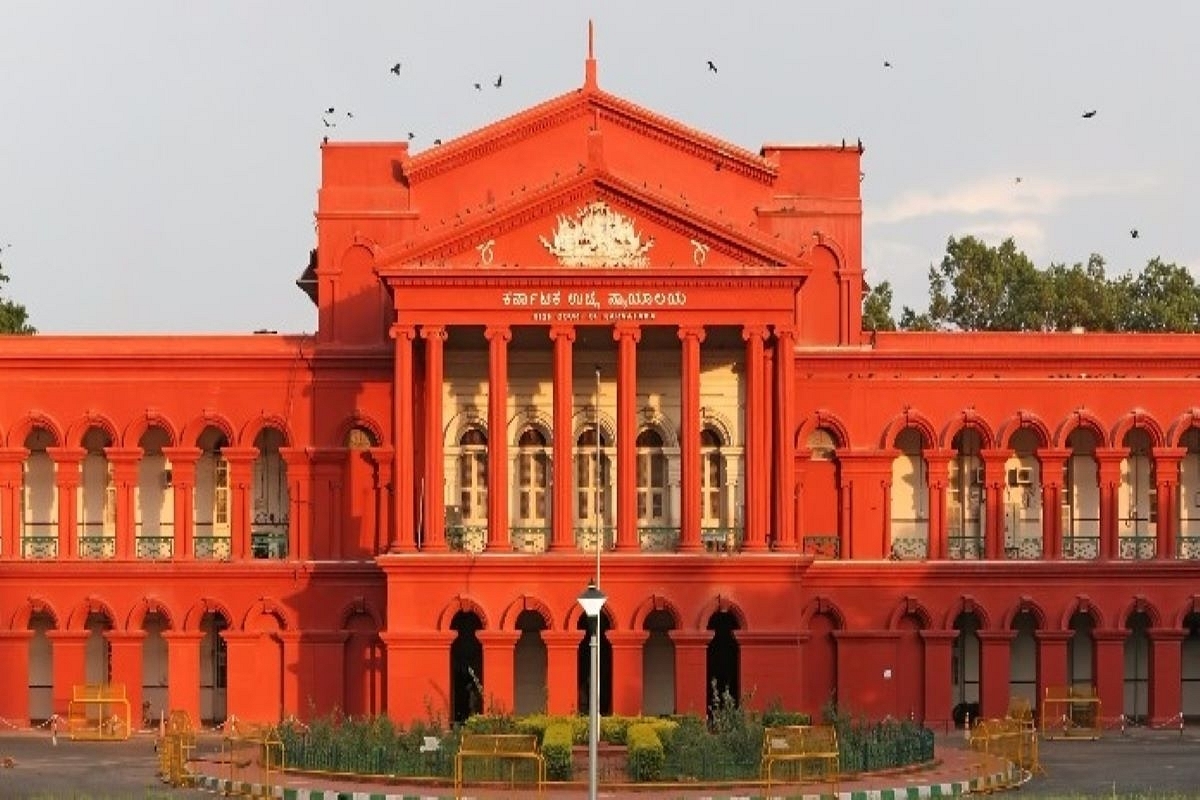News Brief
Merely Naming A Caste Without Intent To Insult, Not An Offence Under SC/ST Act: Karnataka High Court

Karnataka High Court. (Representational image).
The Karnataka High Court on Saturday (28 January), observed that merely taking the name of a person’s caste could not be considered an offence under the Scheduled Castes and the Schedules Tribes (SC/ST) Act, 1989, unless it is done with an intention to insult that person.
A single judge bench of Justice M Nagaprasanna partly allowed the petition filed by V Shailesh Kumar and quashed the charges levelled against him under Section 3(1)(r) and (s) of the Act, while sustaining and permitting the continuation of proceedings for other charges of assault and criminal intimidation.
“The soul of the provision is intention. The insult should be intentional and the intimidation should be with intent to humiliate a member of the Scheduled caste or Scheduled Tribe,” the judge said in his order.
The petition was filed by one Shailesh Kumar challenging a case filed against him under the SC/ST Act. The petitioner’s counsel claimed that there was no hurling of abuses, as is alleged, and that mere hurling of abuses without any intention to insult or make casteist remarks would not become an offence under the Act.
The bench also noted that in the initial complaint soon after the incident, there was no complaint made that the petitioner had hurled abuses taking the name of the caste of the son, of the complainant.
The ruling is significant in view of the recent increase in false cases under the SC/ST Prevention of Atrocities Act, with several courts, including the Kerala and Punjab and Haryana High Courts, observing the same.
The law has come under the scanner due to its stringent provisions, including offences under the Act being cognizable and non-bailable offences.
In 2018, the Supreme Court issued safeguards to prevent misuse of the Act, along with introducing anticipatory bail and making a preliminary probe by the police before arrest mandatory.
The centre has since made amendments in the law to overcome the top court’s order diluting the provisions of the arrest. This law was not stayed by the apex court.
Support Swarajya's 50 Ground Reports Project & Sponsor A Story
Every general election Swarajya does a 50 ground reports project.
Aimed only at serious readers and those who appreciate the nuances of political undercurrents, the project provides a sense of India's electoral landscape. As you know, these reports are produced after considerable investment of travel, time and effort on the ground.
This time too we've kicked off the project in style and have covered over 30 constituencies already. If you're someone who appreciates such work and have enjoyed our coverage please consider sponsoring a ground report for just Rs 2999 to Rs 19,999 - it goes a long way in helping us produce more quality reportage.
You can also back this project by becoming a subscriber for as little as Rs 999 - so do click on this links and choose a plan that suits you and back us.
Click below to contribute.
Latest